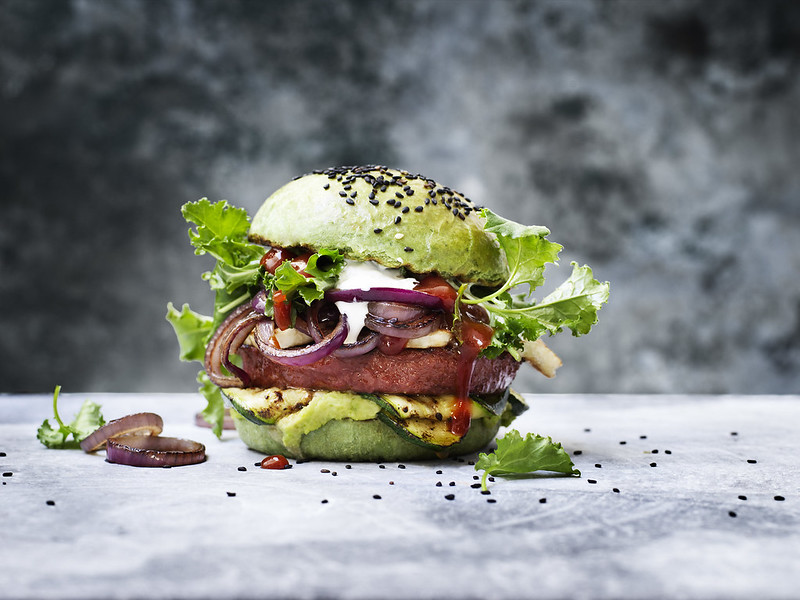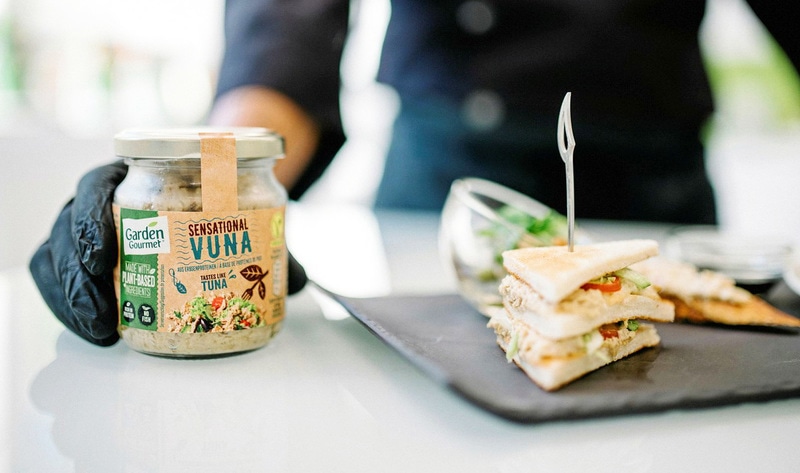Nestlé’s venture into the plant-based industry sees massive growth in sales

A few minutes every morning is all you need.
Stay up to date on the world's Headlines and Human Stories. It's fun, it's factual, it's fluff-free.
Swiss food and drink conglomerate Nestlé entered the plant-based industry in 2017. Despite coronavirus negatively affecting many businesses, Nestlé has seen a 40% sales growth in their new venture since the new year, according to their half-year report. The growth comes after the company saw a massive increase in demand for their plant-based products – especially after interruptions to the meat supply chain during the COVID-19 pandemic. Taking advantage of the spiked demand, Nestlé ramped up its production of plant-based products, which greatly contributed to their growth.
The future is plant-based

The food giant strongly believes that the company’s future is rooted in the plant-based industry. Ryan Riddle, research and development specialist of vegetarian meals at Nestlé USA, said: “I don’t think plant-based has been quite as big of a revenue driver in the US as some of the other established categories we play in, but if I look toward the future and I look strategically at Nestlé’s portfolio and where we want to grow, the plant-based space is vital. It’s one of most important spaces that Nestlé is really investing heavily in. I don’t think that it’s a short-term fad that we’re trying to chase. We really believe that it’s the future of food.”
Nestlé’s introduction to the rising industry began in 2017 when it acquired Sweet Earth. Since then, the company has introduced more than 45 new vegetarian and plant-based products under their Garden Gourmet and Sweet Earth brands, such as plant-based beef, chicken, sausage and even burritos.

Just last week, the Swiss food manufacturer introduced a plant-based tuna to the market, which they’ve cleverly called “Vuna.” Vuna is the first plant-based seafood alternative Nestlé has launched, after testing and researching the product for more than nine months. Chief technology officer at Nestlé, Stefan Palzer, explained the benefits of the product: “Sustainably produced plant-based seafood alternatives can help to reduce overfishing and to protect the biodiversity of our oceans. Our plant-based tuna alternative is delicious, nutritious and high in protein.” Although Vuna is currently only available in Switzerland, an international launch is expected soon.
Expanding within the market
Looking ahead for the rest of 2020, Nestlé is sure that the sales of their organic products will be an important source for the company’s steady growth. The report said: “We expect full-year organic sales growth between 2% and 3%. This guidance is based on our current knowledge of Covid-19 developments.”
The decision is supported by other recent studies as well. According to the Organic Trade Association (OTA), “organic produce sales soared by 50% within the first quarter of this year,” while other organic products like packaged and frozen foods saw double-digits growth. The uptick in sales is expected to continue as the pandemic diverts consumer attention towards healthier, plant-based food options.
According to investment firm UBS, projections of the plant-based industry show an increase from $4.6 billion in 2018 to $85 billion in 2030, which Riddle says is a major reason the company is putting so much effort into their plant-based products. “If you look at the growth of the category, I think that’s also a really compelling reason why companies like Nestlé want to be in that space,” he said.
The giant also has plans to open up a new factory in China solely dedicated to producing their plant-based products by the end of the year. The cost of the new factory is estimated to be around 100 million Swiss francs (US$94 million).
Apart from increasing sales, what Nestlé hopes to achieve with their new venture of products is “to make sure that when those flexitarians are looking for a substitute that they can choose something that really meets their needs,” Riddle said. He believes cheese “is going to be the next big thing" because of its popularity and to “keep an eye out for things like fish and other types of meat and animal-based products that we’re trying to make.”
Have a tip or story? Get in touch with our reporters at tips@themilsource.com




Comments ()